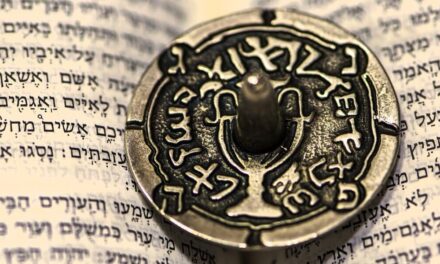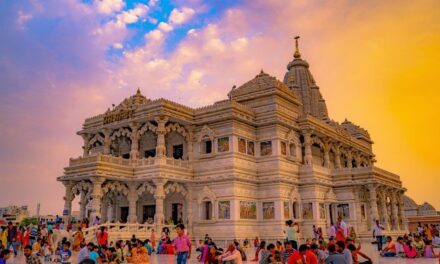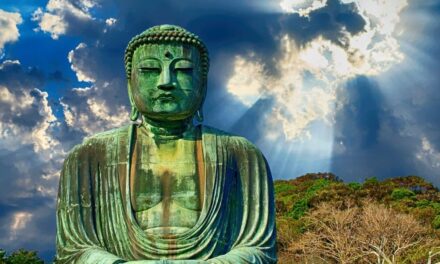Islam is a monotheistic religion that believes in one God (Allah) and is based on the teachings of the Prophet Muhammad. It is the second-largest religion in the world.
Key Beliefs
- Monotheism: Belief in one God (Allah), who is all-powerful, all-knowing, and merciful.
- Prophet Muhammad: The final prophet sent by God to guide humanity.
- The Quran: The holy book of Islam, believed to be the word of God as revealed to Muhammad.
- Five Pillars of Islam: Core acts of worship and practice that all Muslims follow.
Five Pillars of Islam
- Shahada (Faith): Declaration that there is no god but Allah, and Muhammad is His messenger.
- Salat (Prayer): Performing ritual prayers five times a day facing Mecca.
- Zakat (Charity): Giving a portion of wealth to the needy.
- Sawm (Fasting): Fasting during the holy month of Ramadan from dawn to sunset.
- Hajj (Pilgrimage): A pilgrimage to Mecca, required at least once in a Muslim’s life if physically and financially able.
Important Texts
- The Quran: The central religious text of Islam, regarded as the literal word of God.
- Hadith: Collections of sayings and actions of the Prophet Muhammad, which help guide Muslim life.
Branches of Islam
- Sunni Islam: The largest branch, following the teachings of Muhammad and his companions.
- Shia Islam: Believes that leadership should have stayed within the Prophet’s family, particularly with Ali, his cousin, and son-in-law.
- Sufism: A mystical branch of Islam focused on personal connection with God through prayer and meditation.
Core Practices
- Daily Prayer (Salat): Performed five times a day as a direct link between the worshiper and God.
- Fasting during Ramadan: Abstaining from food, drink, and other physical needs from dawn to sunset for a month.
- Zakat (Charity): Obligatory giving to those in need, usually calculated as 2.5% of one’s savings.
- Halal Lifestyle: Following dietary and lifestyle rules outlined in Islamic law, including consuming only Halal food and avoiding forbidden activities.
Major Holidays
- Eid al-Fitr: Celebrated at the end of Ramadan, it marks the breaking of the fast with prayers and feasts.
- Eid al-Adha: Celebrated during the Hajj pilgrimage, it commemorates Abraham’s willingness to sacrifice his son in obedience to God.
Symbols
- Crescent and Star: Often associated with Islam, though not a religious symbol in the Quran.
- The Quran: The written word of God is seen as the ultimate guide for life.
- Kaaba: A cube-shaped structure in Mecca, considered the holiest site in Islam.
Places of Worship
- Mosques (Masjid): Central places of worship for Muslims.
- Mecca: The holiest city in Islam, home to the Kaaba and destination for Hajj.
- Medina: The second holiest city, where Prophet Muhammad is buried.
Key Figures
- Prophet Muhammad: The last and final prophet in Islam, regarded as the “Seal of the Prophets.”
- The Prophets: Other prophets are also recognized in Islam, including Abraham, Moses, and Jesus.
- The Caliphs: Early leaders of the Muslim community after the death of Muhammad.
Spread of Islam
- Global Influence: Islam is practiced by over 1.9 billion people worldwide.
- Missionary Work (Dawah): Spreading the teachings of Islam through peaceful means and guidance.





